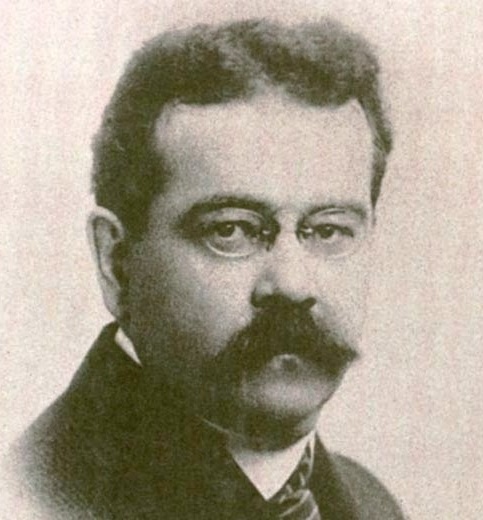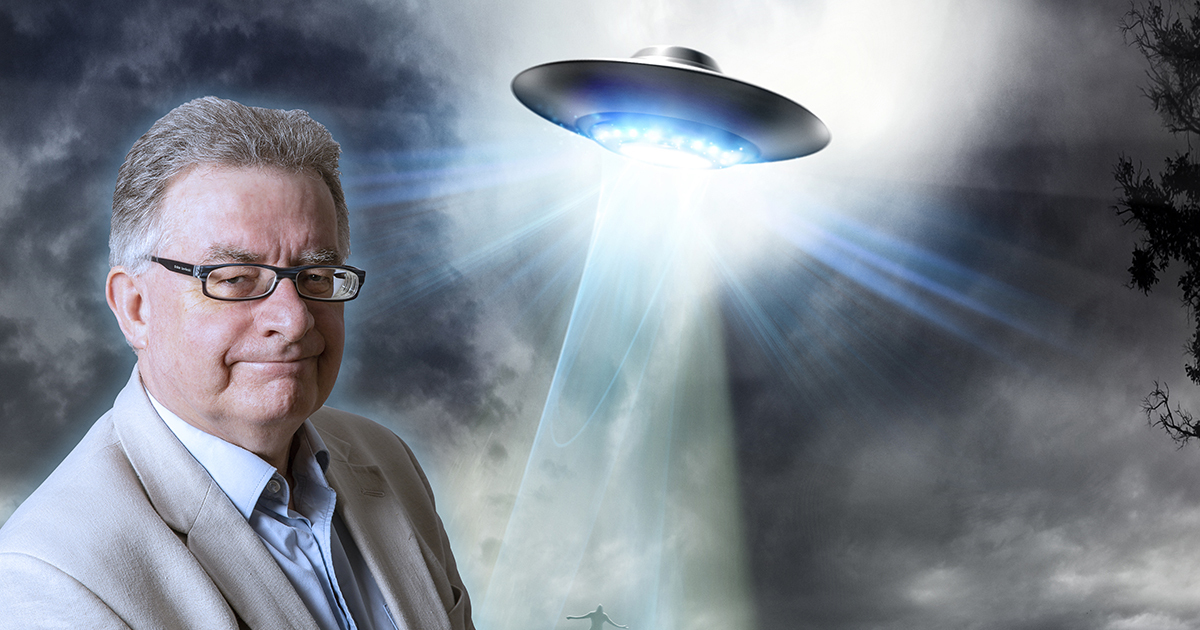- cross-posted to:
- jingszo@lemmy.world
- cross-posted to:
- jingszo@lemmy.world
cross-posted from: https://lemmy.world/post/13695984
Psychologist Chris French’s latest book is called The Science of Weird S*t and explores these very questions.
We got the chance to speak to Chris about his research into strange phenomena to get a psychologist’s view on what makes people believe in UFOs and alien contact.
…
It varies from survey to survey, but you will typically find about a third of people say they believe that aliens have visited the Earth.
And again it varies, but certainly 10%, 15% say they have actually seen a UFO.
Now that raises the question: “what do you mean by UFO?”
Do you literally mean an unidentified object in the sky? Well, fine, I don’t have a problem with that.
We can all look up into the sky and not know what we’re looking at.
But of course, it’s kind of quite interesting that we automatically these days equate UFO with ET, and that’s a huge inferential leap.
When you look back historically, 1947 was a golden year. That was the year that the phrase ‘flying saucer’ entered the English language.
It was the year of the Roswell UFO incident.
And there was a series of what they called UFO flaps at the time, where lots of people were reporting seeing things up in the sky.
But the surveys that were carried out, when they were asking the general public what they thought this phenomenon was, often didn’t even include ET as an option.
It wasn’t part of consciousness then: it was things like Soviet military technology, a meteorological phenomenon, a celestial phenomenon, whatever else it may be.



Lets face it. Odds of no intelligent life are pretty darn low.
But even if that life is able to implement space folding. Or anh other theory around ftl.
The odds of earth standing out to the point they are willing to invest in visiting.
Likely way lower.
And thats even before meeting any of us.